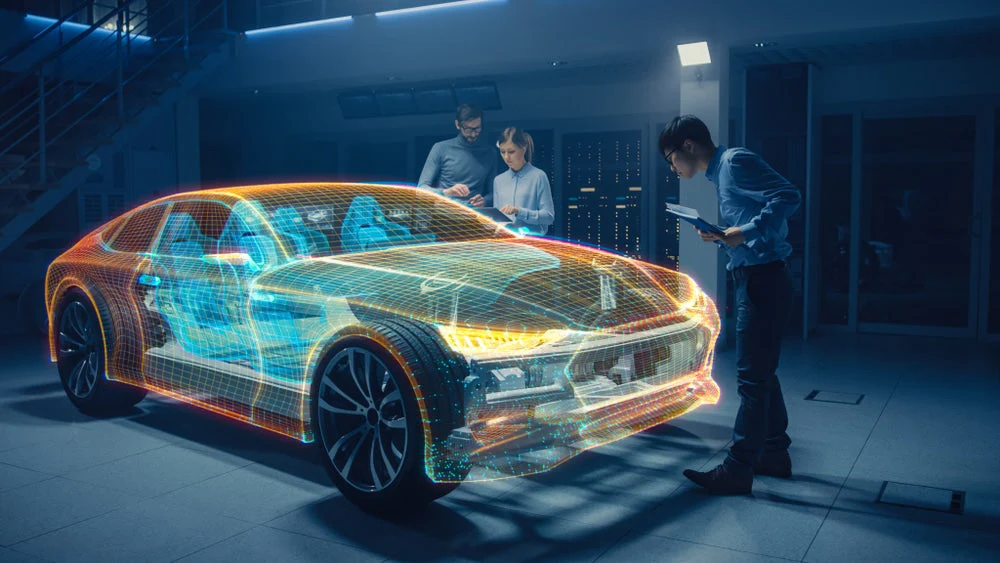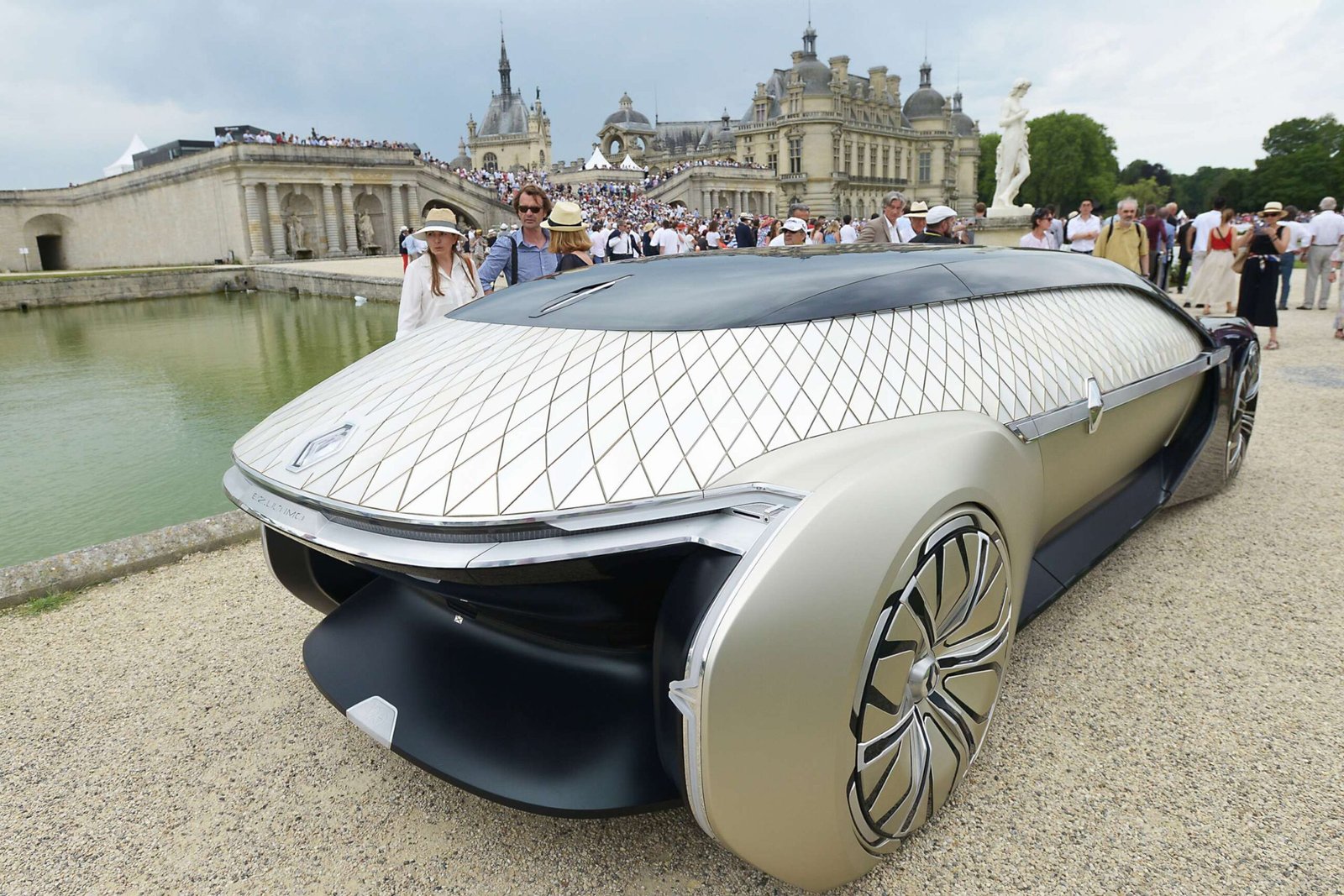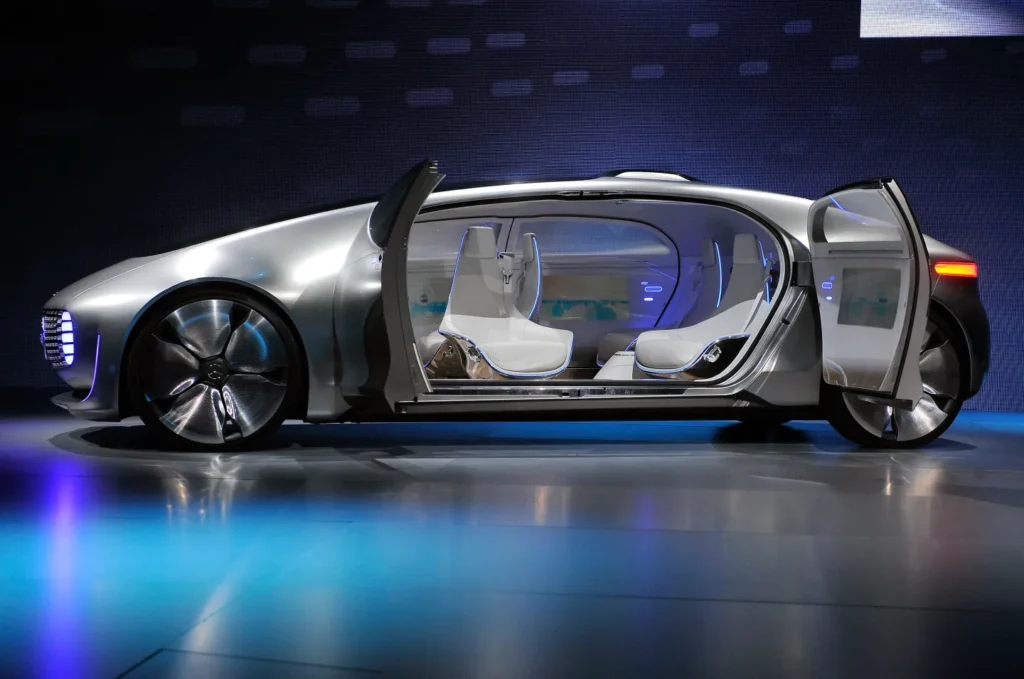Introduction:
For more than a century, car ownership has been a pillar of contemporary life. However, the terrain of transportation is changing fast as we enter the 21st century. From electric vehicles (EVs) and full self-driving cars to car-sharing apps and subscription services, the question is whether we will still have to purchase cars by 2030.
The uses of cars ownership
The use of cars as access instead of ownership is becoming more popular in both urban and suburban areas. Services offering users access to automobiles provide benefits without requiring vehicle ownership, including parking-free operation, elimination of maintenance fees, and no need for insurance coverage.
Modern youth populations who have experienced these elements are leading the movement towards change. Data indicates a reduced interest in obtaining driver licenses and purchasing cars compared to previous generations. The desirability of owning a self-driving vehicle increases as cities expand infrastructure and offer more transportation options, especially with advancements like Full Self Driving Supervised systems that promise safer and more convenient urban mobility.

Autonomous vehicle development is accelerating.
Full self-driving cars technology is no longer considered science in any form. There are many firms spending billions on the development of autonomous vehicles (AVS). AVs may fundamentally change our perspective on car ownership by 2030.
Picture a universe in which you call a driverless vehicle via an app; one shows up at your door, drives you to your destination, and then goes on to serve another passenger. You are not administering, fueling, or parking it. Car ownership becomes outdated for many city residents in this situation.
Models of Subscription and Flexible Mobility
Additionally, car manufacturers are changing. Many companies provide their subscribers with access to car services. Uptakers of such services receive automobiles at a fixed monthly sum that encompasses insurance payments alongside maintenance coverage and roadside emergency assistance. These systems enable users to move from one of their multiple available models depending on their current requirements.
Appealing to those who prioritize utility above ownership, subscription-based car access provides flexibility and ease. As these initiatives grow and become more affordable, they could further lower the necessity of acquiring a car outright.
Environmental and Financial Pressures
Rethinking transportation is becoming more urgent as climate change accelerates. Governments worldwide are encouraging lower emissions through electric vehicles and harsher regulations governing gas-powered cars. Other areas getting more funding are bicycle paths, public transportation, and pedestrian-friendly city design.
Simultaneously, the cost of maintaining a car—that is, vehicle prices, gas, insurance, and repairs—keeps climbing. Especially in crowded regions, shared mobility and public transport provide less expensive, more environmentally friendly options than contrast.
Will Car Ownership Vanish Totally?
Not totally—at least not by 2030. Rural dwellers together with families that need specific items and individuals who prioritize personal independence will continue to own cars. Mobility continues to change into something completely new as confirmed by present trends. People now use access and sustainability together with utility instead of traditional ownership.
The exception status for automobile ownership could replace widespread car ownership particularly in cities during the next decade and beyond. The future of transportation will embrace three key qualities: smart technology, environmental sustainability and community-driven design which may be achieved by configuring it among self-driving fleets and shared convenience systems or movable subscription plans.

Conclusion: A Different Age of Mobility
Car ownership going forward will be flexible and about options. As technology, society, and business evolve, more and more individuals will question themselves, “Do there really need to purchase a vehicle?” And increasingly, the response might be no.
For more details and updates visit our Pinterest Profile!
FAQs
Have car subscription services become an alternative to vehicle purchase, and what do these subscription services entail?
In 2030, many consumers will find the alternative of using vehicles without sustaining long-term ownership through subscriptions appealing.
Does the Travel with autonomous vehicles is expected to modify how people choose to hold car ownership?
Future of self-driving vehicles ownership through fleets may change private ownership trends because fleet-based transport on demand cancels the need for individual vehicle ownership.
Do the Private automobiles will continue to maintain their necessity in rural regions after 2030?
Rural communities probably need private vehicle ownership due to their underdeveloped public transportation systems and extensive travelling distances.
Does owning a car may transform into something accessible only for luxury buyers or a niche practice?
Car ownership patterns will change in urban areas, and by 2030, cars will be used mainly for status and lifestyle purposes.

